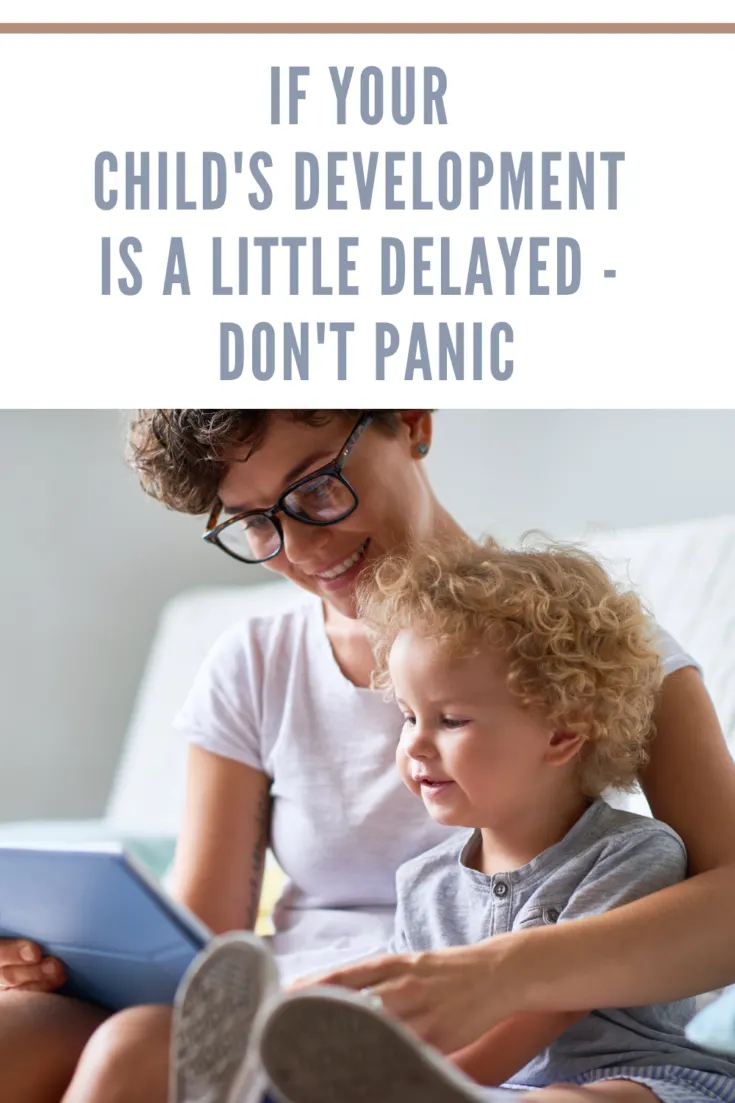A childhood developmental delay can be a scary realization for many parents, but there is far more to be optimistic about than there is to be scared of. If you’re one of these parents, don’t panic! There are many peer groups to help your children, many programs both in and out of school, treatment that helps some youngsters overcome their developmental delays, and a bright future full of technology that is already helping curb things like speech impediments and other physical ailments. Here is a closer look at some of the many reasons to remain positive if your child is experiencing a developmental delay.
What is a Developmental Delay?
By CDC definition, a developmental delay is any condition that causes impairment in physical, learning, language, or behavioral advancement. More than one in six children in the United States have at least one developmental delay, so it’s important for both you as parents, and your children to know that they are certainly not alone.
Some of the ailments are:
- Emotional/Social – Some common emotional and social delays include an inability to understand one’s own feelings and the feelings of others, difficulty managing emotions (mood swings), behavioral lash-outs, difficulty with empathy, and maintaining relationships
- Mental – Also referred to as cognitive delays, some common signs of a cognitive delay include late walking compared to other babies, speech troubles, a lack of curiosity, and extended infant behaviors that exist into preschool.
- Physical – Physical delays are easier to notice, and generally involve late growth or development with physical activities like running after walking.
Causes
There are many different things that can cause one or multiple developmental delays, and none of the causes mean a guaranteed delay in youth, but some common causes are:
- Physical trauma to an infant, such as shaken baby syndrome
- Hereditary conditions, with Down’s Syndrome being one of the most common
- Dependencies formed in the womb, with prenatal alcohol syndrome being very common
- Poor eating habits either prenatally, or in the early stages of physical and mental development
- Untreated infections
- PTSD, can be very difficult to diagnose in youngsters who only know what is familiar to them, and may not know if it’s wrong or right.
Leading a healthy lifestyle for both yourself and your child is the best prevention tool for developmental delays, but even the healthiest, happiest children can experience developmental delays as they are often truly unpredictable.

Treatment Programs
If diagnosed during early childhood development, treatment is easier than if determined by a school counselor or someone later in the stages of development, as is the case with most ailments, physical or mental. There is no cure for developmental delays, but behavior analysts have come up with many exercises and therapies that have proven to be successful in helping curb the delays.
For children with difficulty developing their physical abilities and motor skills, pediatric physical therapy is a great way to increase growth, as well as occupational therapy. The latter can also help those children who maintain dependence on parents into their school years, as many self-help activities are part of occupational therapy.
Most public schools offer some form of speech therapy to help combat impediments such as stutters, but they can also help with general public speaking for those children whose delays are more relative to social adeptness. Behavioral therapy is generally offered by schools as well, and for some kids, this therapy can be beneficial well into adulthood.
Support Programs
The CDC offers a lot of free materials to self-educate on developmental delays, but there are also several organizations to help you and your child with both treatment and support. For school-aged children, the DOE also has many online resources to help with learning development.
Some other organizations include:
- First Signs – This advocacy group aims to promote and encourage new parents to look for signs of developmental disorders early and often because the quicker a diagnosis can be made, the quicker therapies and other treatments can begin to help minimize the effects of a given delay or disorder.
- Insure Kids Now – The costs related to developmental delays can be steep, but the Children’s Health Insurance Program (CHIP), offered through Medicaid can help (and often cover in entirety). Insure Kids Now offers state-specific information on CHIP.
- Kidpower – is an organization that aims to combat bullying and encourage youngsters to be accepting of everyone. They also provide easy and free access to many educational tools for parents and students.
- PACER –is an advocacy organization that provides information, training, and other forms of assistance to parents of children with cognitive and learning disabilities (as well as others) with the ultimate goal of providing equal quality of life for every child.
Positivity Matters
As this article proves, there are many resources and reasons for optimism related to developmental delays in children. Positivity also resonates with your children, making it easier for them to stay optimistic and confident in themselves as they overcome their delays!
Resources:
https://online.maryville.edu/blog/speech-impediment-guide
https://studyonline.ecu.edu.au/blog/early-childhood-development-what-happens-first-eight-years
